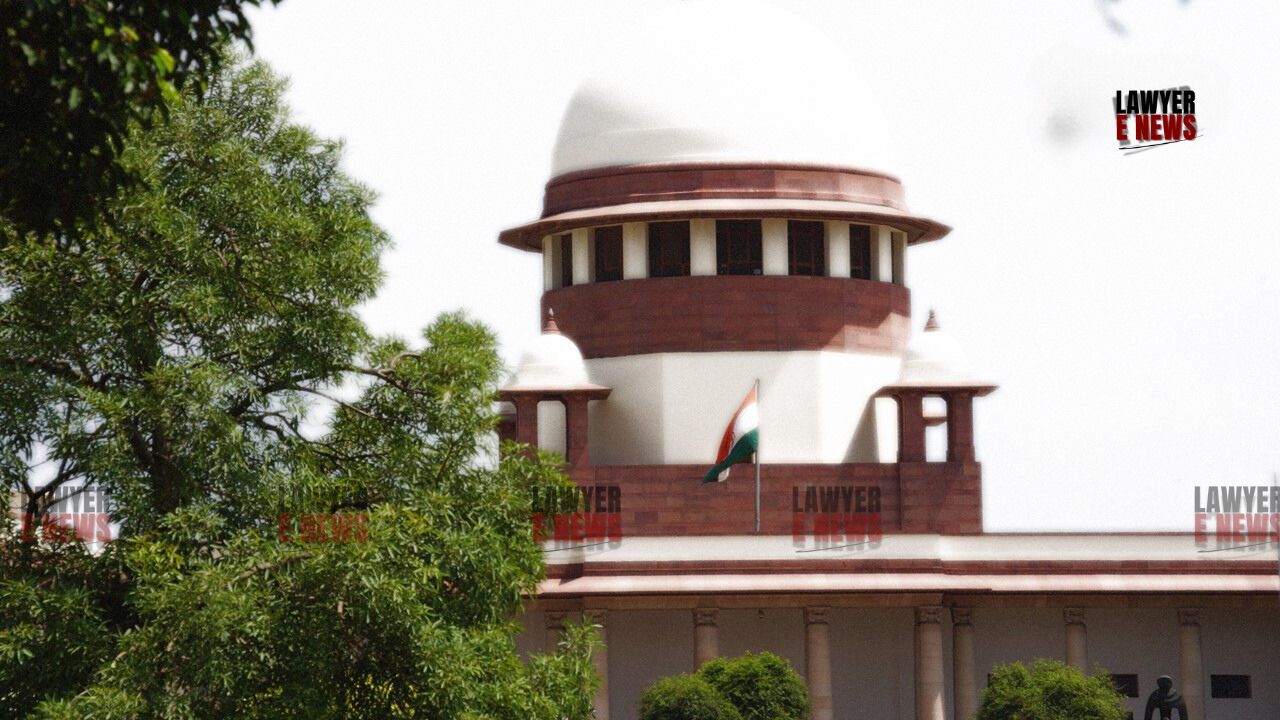-
by Admin
15 February 2026 5:35 AM



Division Bench's Judgment Criticized for Failing to Provide Adequate Reasons; Case Involving Government Teacher Appointments Sent Back for Rehearing. The Supreme Court of India has quashed a judgment passed by the Allahabad High Court's Division Bench for lacking sufficient reasoning and remanded the case for fresh consideration. The case revolves around the legality of teacher appointments in Uttar Pradesh, where the High Court had previously upheld a Single Judge's ruling without providing its own detailed reasons. The Supreme Court emphasized the necessity of reasoned judgments in ensuring transparency and accountability in judicial decisions.
The case originated from a batch of writ petitions challenging various government orders issued by the State of Uttar Pradesh regarding teacher appointments under the "Education for All" project. The dispute reached the High Court, where a Single Judge issued a common judgment. Dissatisfied, the State appealed to a Division Bench, which upheld the Single Judge's decision. However, the Division Bench’s judgment lacked any independent reasoning, merely stating its agreement with the Single Judge's findings.
The Supreme Court, in its order, strongly criticized the Division Bench of the High Court for failing to provide its own reasoning while affirming the Single Judge's decision. The Court underscored that a litigant has a "legitimate expectation" of knowing the reasons behind a court's decision, especially when the decision is adverse. The lack of reasoning was deemed a significant procedural lapse that undermines the credibility and transparency of judicial decisions.
The Court referenced its earlier decision in CCT v. Shukla & Bros. to emphasize that "reason is the very life of law" and that a judgment without reasons introduces uncertainty and dissatisfaction, which can affect public confidence in the justice system.
The Supreme Court reiterated that the practice of issuing reasoned judgments is an "indispensable part of basic rule of law" and a mandatory requirement of procedural justice. It highlighted that reasoned judgments serve multiple purposes: they clarify the judge's thought process, inform the parties of the basis of the decision, and allow higher courts to review the decision effectively.
The Court held that the absence of independent reasoning by the Division Bench not only deprived the parties of a fair assessment of their arguments but also posed challenges for appellate review. Consequently, the Supreme Court found it necessary to set aside the High Court's judgment and remand the matter for fresh consideration.
Justice Hima Kohli, delivering the order, noted, "A litigant has a legitimate expectation of knowing reasons for rejection of his claim/prayer. It is then alone that a party would be in a position to challenge the order on appropriate grounds." The Court further remarked, "Failure to give reasons amounts to denial of justice."
The Supreme Court's decision to remand the case underscores the judiciary's commitment to reasoned decision-making as a cornerstone of justice. The ruling emphasizes the need for courts at all levels to provide clear, reasoned judgments to maintain the integrity of the legal process. The case will now return to the Division Bench of the Allahabad High Court for fresh hearings, where both parties will have the opportunity to present their arguments anew, considering the subsequent developments in the matter.
Date of Decision: August 21, 2024
State Project Director, UP Education for All Project Board & Ors. vs. Saroj Maurya & Ors.
